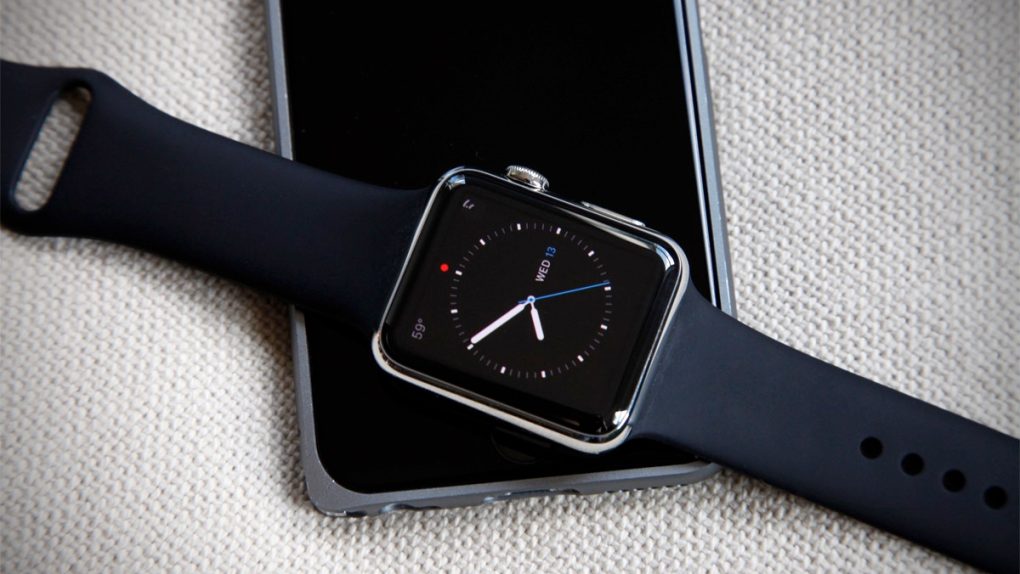Rather than publishing one giant review, I’ve been running my thoughts on the Apple Watch in bits and pieces. I recently shared one of the best things about the Watch, and I also told you about the Apple Watch’s most infuriating problem. Now it’s time to discuss an aspect of the Apple Watch that people still don’t seem to fully understand: Battery life.
DON’T MISS: Killer deal: Sleek iPhone 6 and 6 Plus cases starting at $5 from Amazon
Ahead of the Apple Watch’s unveiling earlier this year, battery life was one of the biggest points of contention. People were worried because rumors suggested that the device’s battery would only last for one day per charge.
Only.
It was a silly thing to complain about for a few different reasons, and I covered some of them in an earlier post. It boils down to this: You don’t use the Apple Watch while you’re asleep.
As is the case with any other watch on the planet, you take it off before you get into bed and you put it back on in the morning. And if you’re going to take it off anyway, spending an extra second or three to connect an inductive charger is hardly a hassle.
Even though the Watch is out now, some bloggers who cover tech still seem to be concerned with the device’s battery life despite not having actually used the device. Well, I’ve used it, so maybe I can help.
The Apple Watch’s battery life is phenomenal.
People seems to be having difficulty with a crucial part of the Apple Watch experience, and I think that might be the source of much of the confusion. The Apple Watch is not a smartphone. It’s not meant to be used for extended periods of time. The duration of an interaction with the Watch can be counted in seconds, not minutes.
Lift your wrist to check the time and temperature, you’re done. Lift your wrist to check a notification, read a message, send a quick reply, you’re done. Lift your wrist, double-tap the button to access Apple Pay, pay for your groceries at Whole Foods, you’re done. Lift your wrist, tap the crown, open the Uber app, tap to hail a car, you’re done. Lift your wrist, swipe up to access your Glances, use the heart rate glance to measure your pulse, you’re done.
That’s what the Watch is for, and that’s all you’ll want to use it for. You don’t play games and watch videos on the Apple Watch, because that would be ridiculous. It’s designed for quick interactions and it does its job quite well. It might seem odd from a distance, and perhaps you can’t really appreciate it until you live with the Watch and see for yourself.
So, back to the battery life. For those of you concerned that the battery won’t even make it through the day, I can assure you that should not be a concern.
I take my Apple Watch off the charger each morning between 6:00 a.m. and 6:30 a.m. I use it all day, and I put it back on the charger sometime between 11:00 p.m. and 12:30 a.m. each night. When I do, the Watch almost always has at least 50% of its charge remaining. Even on days with very heavy usage — even when I first got it and was playing with it constantly — it had 35% or more left in the tank when I took it off at night.
There are definitely valid complaints surrounding the Apple Watch. Plenty of them. But battery life most certainly cannot be counted among them.




